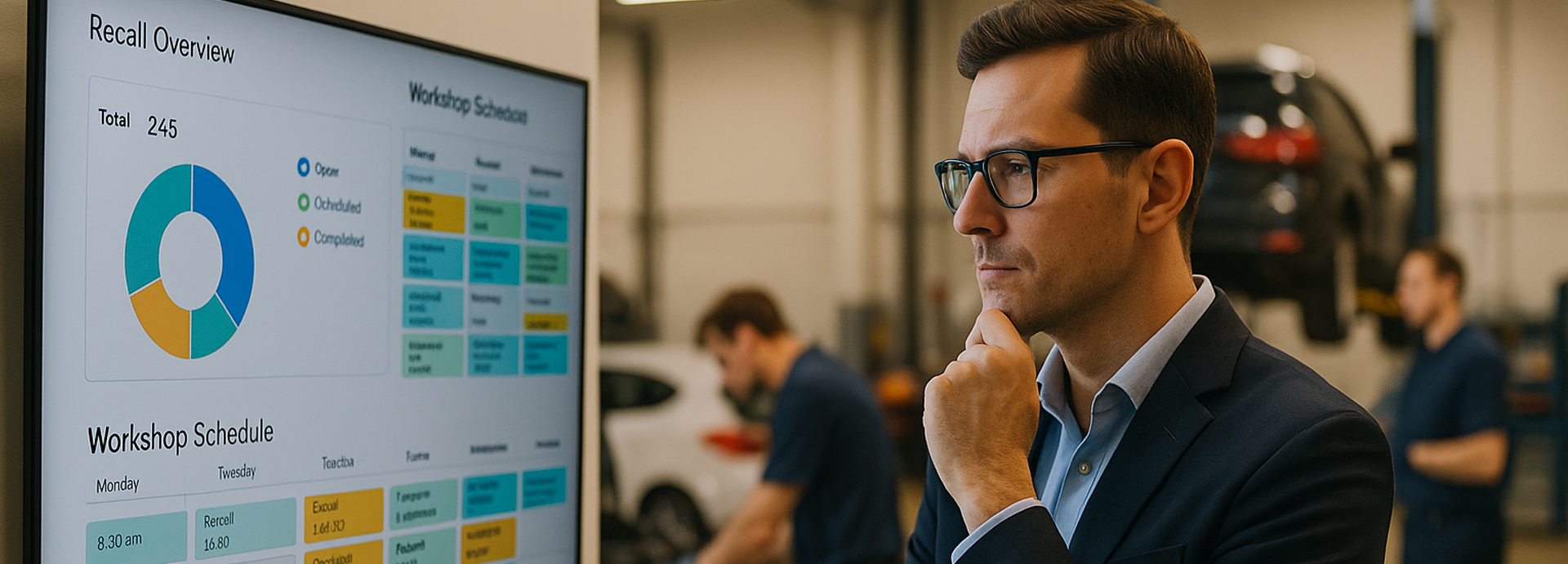The danger of one-size-fits-all marketing
In today’s hyper-connected world, customers are bombarded with marketing messages daily. For dealerships, this means cutting through the noise is more challenging than ever. But sending mass, generic campaigns in the hope of reaching potential buyers doesn’t just reduce effectiveness: it risks turning customers off completely.
The reality? Poorly targeted marketing leads to customer fatigue, high unsubscribe rates, and missed sales opportunities.
If your dealership isn’t making fine-grained customer selections before launching campaigns, you might be wasting budget and alienating potential buyers, or loyal customers.
The risk of over-messaging the wrong customers
Sending emails, SMS, or promotional messages to the wrong customers doesn’t just lead to poor engagement—it can actively harm your dealership’s reputation. Here’s how:
- Customers get annoyed. If someone who just bought a car receives an email about end-of-year discounts, they might feel frustrated rather than engaged.
- Email fatigue sets in. Over-communicating with customers, especially when messages aren’t relevant, leads to unsubscribes and a disengaged audience.
- Your marketing ROI drops. Campaigns that aren’t precisely targeted lead to wasted ad spend, lower conversion rates, and missed revenue opportunities.
The power of precision marketing
Fine-grained customer segmentation ensures that the right message reaches the right customer at the right time. Instead of relying on broad categories like “past buyers” or “service customers,” dealerships can refine their targeting by leveraging specific customer data.
For example, they can use purchase history to identify customers nearing the end of their lease or loan term and send them timely upgrade offers. Service data helps pinpoint individuals due for maintenance, such as an oil change, ensuring reminders are relevant and not sent indiscriminately to the entire customer base. Additionally, engagement tracking allows marketers to focus on prospects who have shown interest (perhaps by clicking on a recent campaign) but haven’t yet converted, enabling more personalized and effective follow-ups. Finally, by analyzing geographic and behavioral insights, dealerships can tailor local promotions to customers in specific regions, adjusting the messaging to align with local preferences and habits.
How dealerships can implement smarter segmentation
- Use a marketing automation platform that integrates with your CRM
CRMs alone aren’t built for deep segmentation and automated campaign workflows. A dedicated marketing automation tool allows you to filter customer lists based on multiple criteria and automate personalized outreach.
- Leverage dynamic customer lists
Instead of static lists, use dynamic segmentation that updates in real-time. For example, if a customer recently visited for service but hasn’t responded to a follow-up, they can be automatically moved into a re-engagement sequence.
- Create tiered campaign structures
Dealerships with multiple locations or franchise networks can benefit from a tiered approach—where national campaigns provide consistent branding while local dealers customize offers and messaging for their specific markets.
- Test, measure, and optimize
Track open rates, click-through rates, and conversions across different customer segments. Identify which groups respond best to specific types of messaging and adjust future campaigns accordingly.
The business impact: more engagement, more sales
When dealerships transition from broad, generic campaigns to hyper-targeted marketing, the results are transformative.
Relevant messaging significantly boosts email open rates and conversions, as customers are more likely to engage with content that speaks directly to their needs.
This relevance also enhances customer satisfaction, since communications feel timely and tailored rather than intrusive or out of touch. At the same time, marketing efforts become more efficient. And since budgets are directed toward high-intent customers, reducing waste and maximizing return on investment.
Most importantly, personalized outreach fosters stronger, long-term relationships by demonstrating that the dealership truly understands each customer’s unique journey.
Final thoughts: marketing smarter, not louder
In an era where customers expect personalized experiences, dealerships can no longer afford to send mass campaigns without proper segmentation. Precision marketing is the key to keeping customers engaged, driving higher conversions, and maintaining a positive brand reputation.


